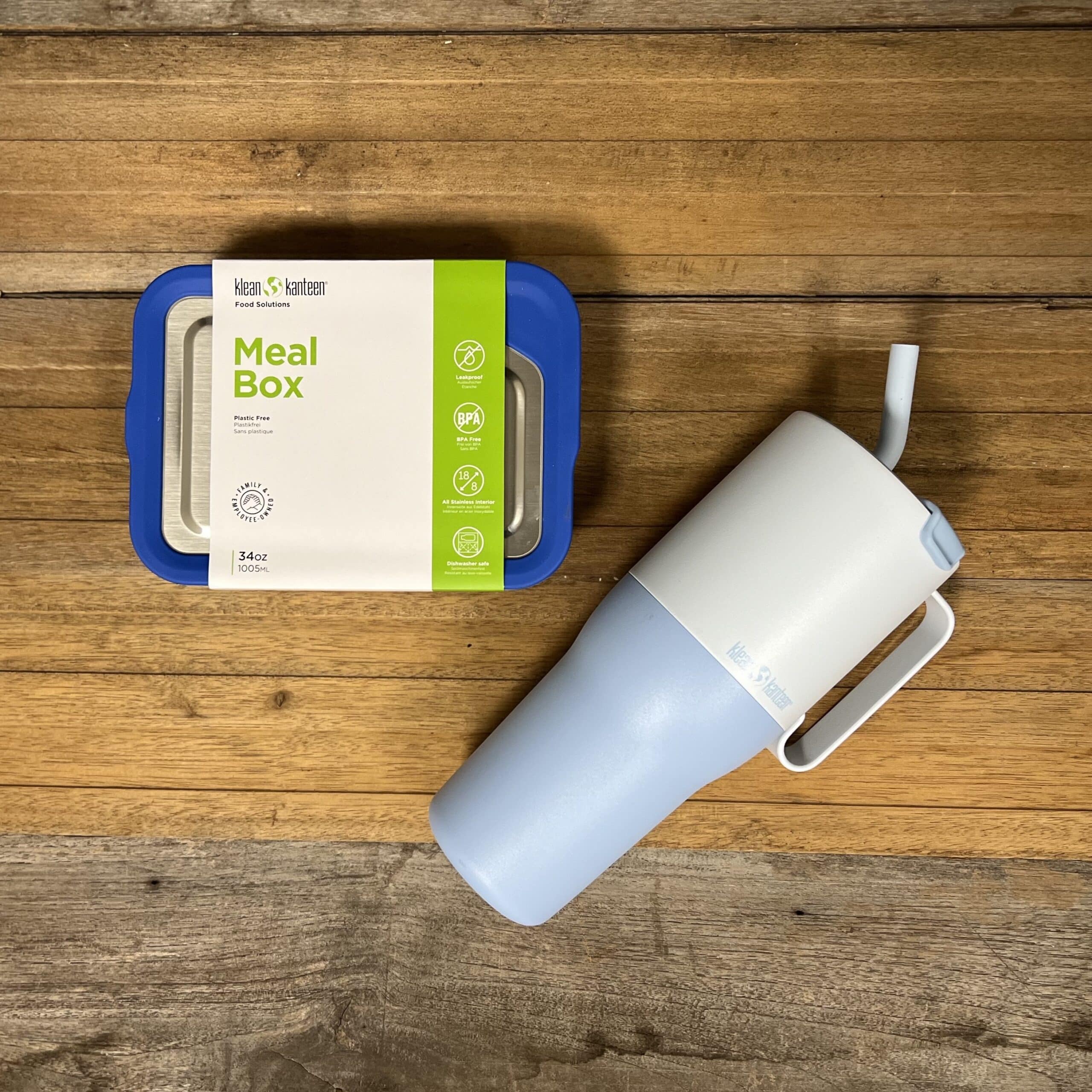Food Waste
What impacts do food choices have on our planet?
Every year, an astonishing 1.3 billion tons of food are wasted, while more than 700 million people face hunger and food insecurity globally. When we waste food, we also waste the resources, energy, and labor invested in growing, harvesting, and transporting it. This imbalance not only highlights the inefficiencies of our food system but also exacerbates environmental degradation and social inequality. By embracing sustainable practices, we can protect our planet, support vulnerable communities, and reimagine a more equitable and sustainable food system.

The True Cost of Wasting Food
More than one-third of all food produced worldwide is wasted at every stage–-from farms to grocery stores to our own homes. Whether due to inefficient production, poor storage, or wasteful habits, the outcome is the same: edible food ends up in landfills, where it emits methane, a harmful greenhouse gas with more than 80 times the warming power of carbon dioxide.
At the same time, millions go hungry, creating a stark imbalance between excess and need. For instance, 15.4 billion pounds of produce are discarded annually due to not meeting aesthetic standards. By adopting a mindset of valuing all food, even imperfect produce, we can make a significant impact.
Transforming Your Relationship with Waste
The good news? There are reusable alternatives for almost everything! Companies like today’s partner, Klean Kanteen, is Climate Neutral Certified
and has shifted bottles and straws to 95% recycled steel made from third-party-certified recycled stainless steel. This mean a 50% reduction in steel greenhouse gas emissions, 30% reduction in energy demand, and 60 to 80% reduction in ecosystem impacts. Businesses pay attention to market signals; what and how you purchase sends a direct message to companies and entire industries. If a large enough group flexes consumer power, it can force brands to alter decisions, sourcing, production and practices across the board.
Our nonprofit partner, 5 Gyres, is driving innovative solutions to plastic pollution by leveraging the power of scientific research, advocating for policy change and educating the community to take action and drive change.
By embracing the 5 Rs, you can take impactful steps toward a low-waste life and inspire others to do the same.
However, it’s important to remember that not all alternatives are accessible for everyone, such as people with disabilities.
Let’s be mindful of our waste and advocate for broader change!
EXPAND YOUR KNOWLEDGE
Resources to Reduce Food Waste
Reducing food waste is a challenge we can tackle together, and educating ourselves is the first step. The resources below will provide you with insights, practical tips, and motivation to make sustainable changes. Watch, read, and learn more about how food waste impacts our planet—and what you can do to make a difference.
CHALLENGES
Food waste is a complex issue, and the journey from farm to table is more intricate than most realize. Every step in the process—from production to consumption—comes at a significant cost to farmers, consumers, natural resources, and the planet. Yet, even small, individual actions can create a ripple effect that leads to significant positive change.
Conduct a food waste audit in your household by following these steps:
A fun and creative way to highlight the beauty and diversity of produce is through a Conscious Kitchen project we call “Produce Pals.” This project showcases the unique attributes of fruits and vegetables while promoting sustainable food practices.
Meet Maya and Mateo, two of our favorite Produce Pals who brighten the walls of our Conscious Kitchen dining halls. Now, it’s your turn to create your own Produce Pal with a meaningful story, representative of where you live, local produce, local attire, and a call to action! Follow these steps:
After taking the photo, think about how you can use the scraps to make a seasonal scrap soup or add nutrients to your compost!
Food waste is a significant global issue that affects access to nutritious food. Addressing food waste in your community ensures that students like you receive nourishing meals, rather than contributing to overflowing landfills. Supporting your local food system is essential!
Start by listening to the BBC News’ “The Food Waste Warriors” podcast to better understand the scope of food waste and how individuals are taking action. Then, create your own podcast to share with your community! Follow these steps:
PRIZES
Up to 10 Greener and 10 Greenest outstanding submissions will be selected as winners.

